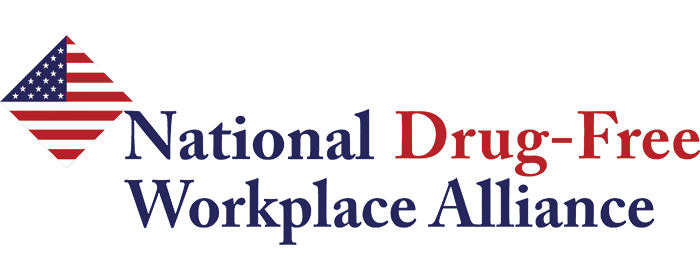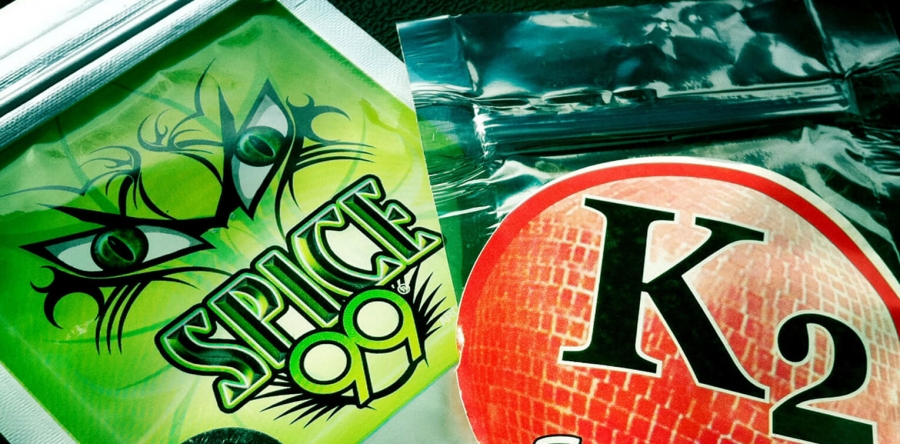New research covering the years 2008 to 2019 reveals a troubling rise in drug overdose cases among healthcare workers. Nurses, social and behavioral healthcare workers, and healthcare support staff are facing increased risks, highlighting the urgent need for action.
Read more
Addressing Overdose Risks: A Call for Workplace Support for Healthcare Workers










